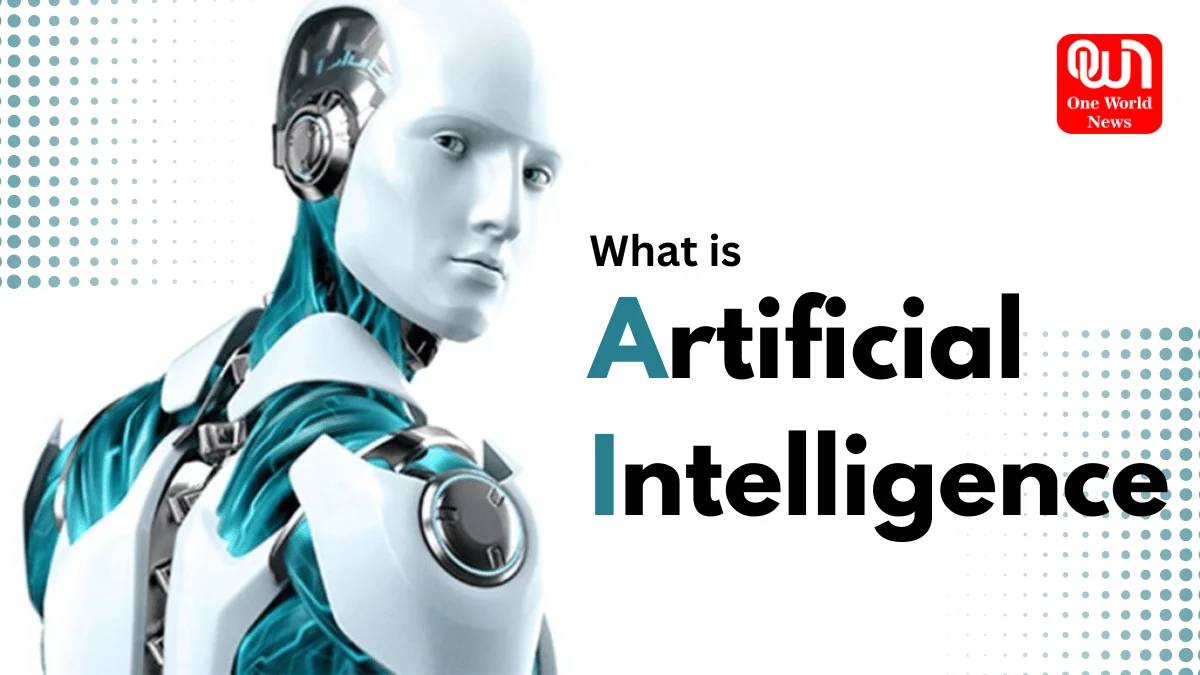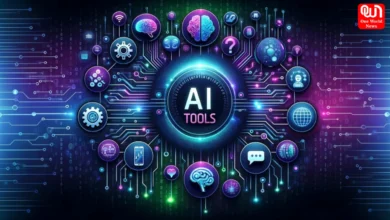Understanding AI: A Brief Introduction
AI (Artificial Intelligence) is the simulation of human intelligence in machines, enabling them to perform tasks that typically require human cognition.
Exploring Artificial Intelligence: Understanding its Impact and Applications
Artificial Intelligence (AI) can be defined as the ability of a machine, especially a computer, to perform a kind of thinking that is similar to that of the human brain. AI refers to the domain that creates computer systems that are designed to work in human intellectual ways such as visual interpretation or speech, decision making, and language translation.
Read more: The Impact of Technology on the Insurance Sector
Types of AI: AI is of two broad groups:
1. Narrow AI: Narrow AI is also called Weak AI, this type of AI is developed to work for a particular purpose at certain conditions or is competent for a restricted number of purposes. This is applicable to virtually any machine learning application such as voice assistants like Siri, image recognition software, and recommendation algorithms by streaming services.
2. General AI: General AI commonly referred to as Strong AI is theoretical type of AI that possesses intelligent as well as is capable of doing any task that a human mind can do. Currently, AI has not reached this level and is still in the future more or less as of now.
Applications of AI: It is distinctly crucial to understand that AI technologies are rapidly penetrating all the spheres of human life and industries:
• Healthcare: AI is applied to diagnose illness, treatments based on the patient’s characteristics, and drug development.
• Finance: AI applications are in analyzing numbers in areas such as finance to the detection of fraud, algorithmic trading, and even providing user-specific financial consultancy.
• Transportation: AI is used to control self-driving cars and to manage traffic and congestion for better transport system.
• Retail: AI makes customers satisfied through recommendation system and optimize the inventory using analytic system.
• Education: Intelligent tutoring systems and digital learning environments are based on individual needs of the students.
Challenges and Ethical Considerations: AI has its advantages but it comes with issues such as privacy violation, unemployment because of advanced technology, algorithm bias, and the question of accountability of decision made by robots.
We’re now on WhatsApp. Click to join.
Conclusion: All in all we can say that AI is a complete revolution in technology that is going to impact society in a huge way. It is a fact that in the future advancements in research and development are bound to scale the use of AI and how it changes our work, lives, and interaction with technologies.
Like this post?
Register at One World News to never miss out on videos, celeb interviews, and best reads.








